Vaccine Passports: A Ticket To Our Next Outbreak
On April 21, the Centers for Disease Control and Prevention (CDC) released a report detailing a coronavirus outbreak at a Kentucky nursing home. An unvaccinated staff member infected 46 other residents and staff, including 22 people who were fully vaccinated. The vaccine does not make you immune—it merely decreases your chance of hospitalization and death, thus it is not abnormal for immune people to become infected. However, the extent to which the virus was able to spread within even a highly vaccinated environment is greatly concerning at a time when many vaccinated people are attempting to return to normalcy.
Recently, the CDC stated that vaccinated people do not need to wear masks in certain situations, such as when outdoors. As of April 27, 29.2% of the US population has been fully vaccinated, and other countries around the world are eager to open their economies and borders. A rush to return to normalcy will soon ensue, but the danger of transmission has not subsided.
To limit the spread of coronavirus as they open, global governments have turned to vaccine passports: an official credential that proves a person has been inoculated. This “passport” would allow vaccinated people to gain access to opportunities that are not available to non-vaccinated people, such as international travel.
Many leaders, including within the US, believe that the vaccine passport is a powerful tool to incentivize people to get vaccinated and to track vaccinated people in a centralized manner. Nevertheless, now is not the time to introduce a national vaccine passport because its ability to serve as reliable proof of immunity remains unclear.
One reason why governments should not trust vaccine passports is the recent development of many coronavirus variants. Genome sequencing performed on the virus strain of the Kentucky outbreak found that the virus was from the R.1 line, which produces variants with multiple spike protein mutations. Spike proteins play a key role in allowing viruses to penetrate the surface of host cells and begin infection, and mutations increase the abilities of these proteins.
Variants such as the R.1 line are often more dangerous than the original coronavirus and have higher rates of transmission. Most viruses mutate regularly, which is why we have to get a new flu vaccine each year. This idea of vaccine resistance may also apply to the coronavirus. A variant called B.1.351, originally discovered in South Africa, was found to be somewhat resistant to coronavirus vaccines in development.
Considering that variants are quickly becoming the most dominant forms of coronavirus in many countries, can proof of vaccination guarantee that someone will not transmit these new, untested variants? Not enough research on these variants has been conducted to determine whether it is safe to allow anyone who is vaccinated to travel freely without causing mass outbreaks. Furthermore, if a vaccinated person contracts a vaccine-resistant variant, there is a high chance that it will be more contagious, and therefore spread to even more people than expected.
Not only is there huge variability within the types of coronavirus but there is also variability in the levels of resistance of each vaccine. Clinical trial data estimates that the six most commonly distributed coronavirus vaccines can protect against COVID-19 at a rate from 65.5% to 94.6%. This wide range demonstrates that, in the worst-case scenario, 34.5% of the vaccinated population could still be susceptible to the virus and continue its spread.
The normal approval process for vaccines can take years, but because the pressure of the pandemic forced governments to speed up this process, the long-term durability of the coronavirus vaccines remains largely untested. Most knowledge of their effects comes from the follow-up of clinical trial patients, but even these people have not been vaccinated for long enough to truly determine whether immunity lasts. More information about the efficacy of vaccines needs to be known before countries can provide a pass to anyone who has gotten the shot.
There are other issues with implementing a nationwide vaccine passport as an incentive to receive the vaccine. If having a vaccine passport means gaining access to more opportunities, then access to receiving the vaccine must be equal. In America, this is far from the reality. Minorities are much less likely to be vaccinated, due to factors such as mistrust of the government and lack of nearby vaccine sites or transportation.
NPR reported that in the South, vaccination sites in major cities are placed in predominantly white neighborhoods because they are normally wealthier and already have the necessary medical infrastructure in place. In New Jersey, as of February 8, 48% of vaccine recipients were white and only 3% were black, despite the state’s population being made up of 15% black people. Implementing a vaccine passport will disproportionately benefit people who are already more privileged and widen socioeconomic gaps that have already been strained by the pandemic.
People cannot be allowed to get a pass into once-barred events because they have some form of immunity. A high chance remains that they can contract and spread the virus, especially when so little is known about the short and long-term effectiveness of vaccines. In addition, establishing a national vaccine passport will only hurt marginalized groups who have less access to vaccinations.
Instead of relying on a document that oversimplifies the complexities of coronavirus immunity, countries should still require visitors to test negative and quarantine. By loosening restrictions too early in the coronavirus recovery process, governments risk another huge surge of cases and a devastating number of preventable deaths. Focusing on getting the majority of the population vaccinated is the better approach to a full return to normalcy.
Sources
Rabin, Roni Caryn. “An unvaccinated worker set off an outbreak at a U.S. nursing
home where most residents were immunized.” The New York Times, 21 Apr.
2021, www.nytimes.com/2021/04/21/health/
vaccine-nursing-homes-infections.html.
Cavanaugh, Alyson M., et al. “COVID-19 Outbreak Associated with a SARS-CoV-2 R.1
Lineage Variant in a Skilled Nursing Facility After Vaccination Program —
Kentucky, March 2021.” CDC, 30 Apr. 2021, www.cdc.gov/mmwr/volumes/70/wr/
mm7017e2.htm?s_cid=mm7017e2_w.
Gostin, Lawrence O., et al. “Digital Health Passes in the Age of COVID-19 Are
‘Vaccine Passports’ Lawful and Ethical?” JAMA Network, doi:10.1001/
jama.2021.5283. Accessed 7 Apr. 2021.
Schneider, Avie. “Addressing Racial Divides In Health Care Seen As Key To
Boosting Black Vaccination.” NPR, 18 Mar. 2021, www.npr.org/sections/
coronavirus-live-updates/2021/03/18/978609955/
addressing-racial-divides-in-health-care-seen-as-key-to-boosting-black-vaccinati.

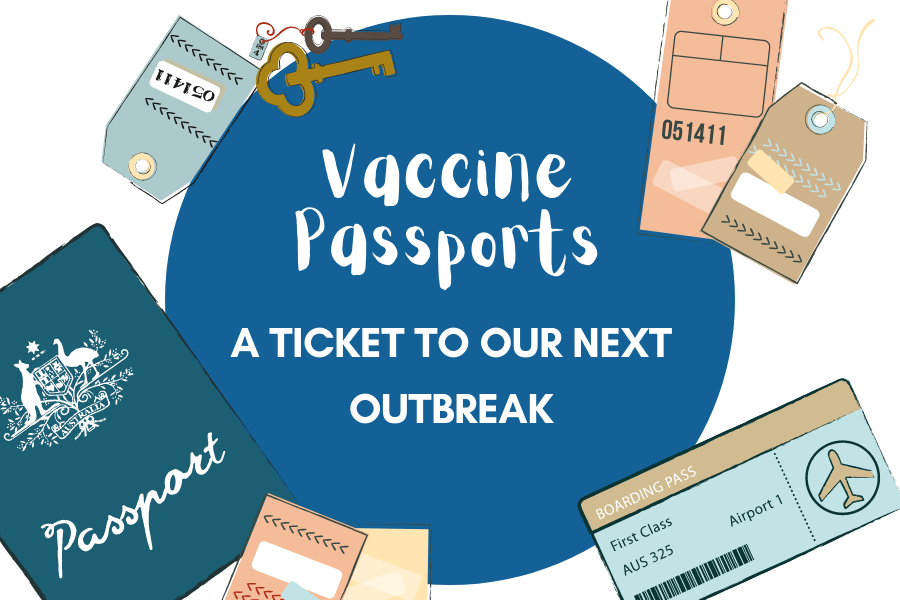
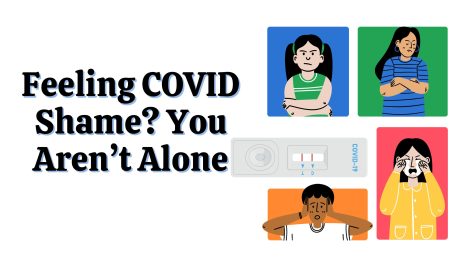
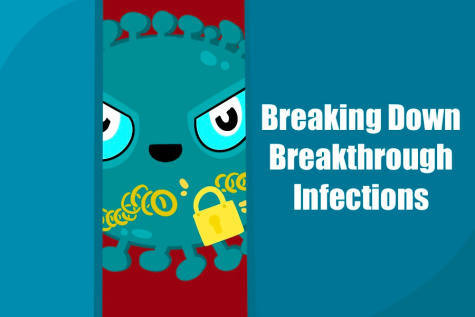
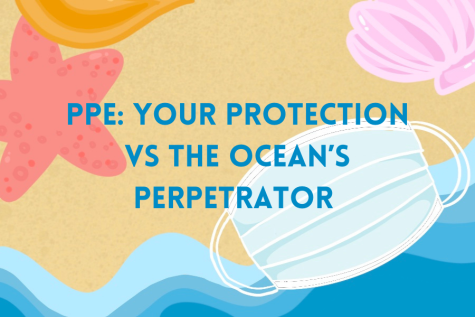
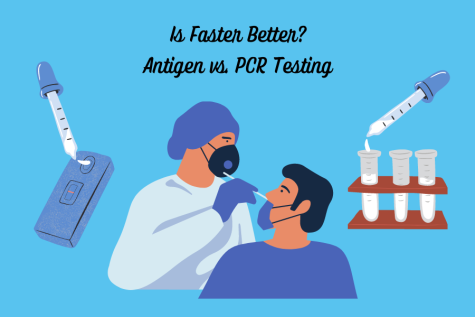
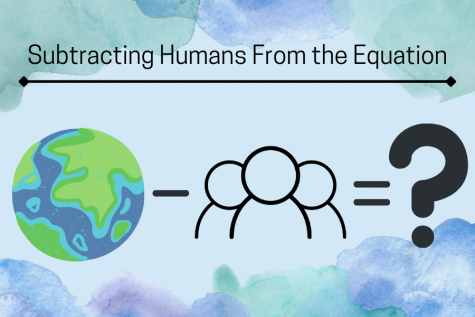
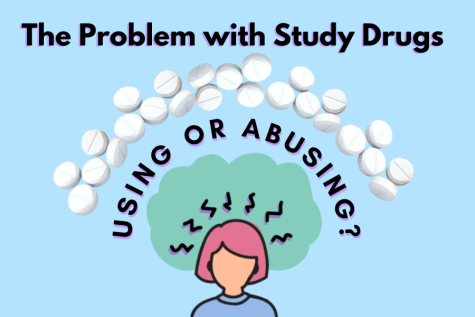


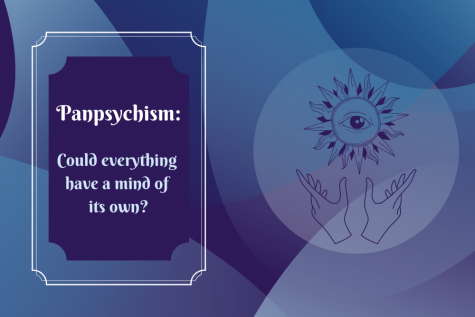
Alison Jiang • May 27, 2021 at 8:35 am
I definitely agree that vaccine passports should not allow people to return to normalcy just yet. As we know, there is currently a huge outbreak in India. From my research, I have found that one reason for this is because people have let down their guard on social distancing. In addition, many people who are infected in India have contracted highly contagious variant strains, which, as you said, can be extremely dangerous to the population. I also think that it is terrible how more vaccination sites are placed in more white neighborhoods than those that are minority filled.